During his speech marking Nowruz, the Persian New Year, Supreme Leader Ali Khamenei expressed dissatisfaction with the Iranian government's economic policies.
In the March 21 televised address, he identified excessive state ownership as “perhaps the most significant weakness of the economy.”
At the age of 84, the man who has the final say on all important matters of the state has big plans in mind to restructure the economy.
Earlier this year, he acknowledged the rejection of the private sector in the early years of the Islamic Republic as a significant mistake and defended a controversial project to sell “surplus” public assets to the private sector.
But the results of the previous privatization process are difficult to defend.
The Failure of the Privatization Plans
In May 2022, Hossein Ghorbanzadeh, the general director of the Privatization Organization, admitted in a television interview that over the past 20 years, only 30 percent of the “privatized” assets were actually transferred to the private sector.
According to Ghorbanzadeh, none of the 100 largest state-owned companies has fallen into the hands of the private sector in terms of ownership and control.
Figures presented by Mohammedreza Pouribrahimi, the chairman of the Economic Commission of the parliament, in a conference on privatization in June 2022, are even more disappointing.
Pouribrahimi said that only 20 percent of the assets included in the successive privatization processes were transferred to truly private actors.
He also stated that 53 percent of the money generated by the transfers was used to pay government debts. And only one quarter of the “privatized” companies are currently active and profitable.
Privatization without liberalization of the economy has resulted in the government retaining control of these companies.
Instead of making the Iranian economy more efficient, this approach has had the opposite effect.
Armed Forces Taking over the Economy
Given this track record, what does Khamenei’s insistence on privatizing enterprises mean?
The answer can be found in the emergence of a new sector in the Iranian economy following the privatization programs and the self-management of security, intelligence and military institutions.
This quasi-government sector has progressively transformed into a monster that has swallowed Iran's economy.
It is worth noting that this sector is opaque and often operates without oversight, making it prone to corruption.
The economic empire of Farman Imam's executive headquarters, with its holdings and companies ranging from the Barakat Foundation to the Ehsan Foundation, the 15th Khordad Foundation, and the Tadbir Group, has grown in size and influence year after year.
Foundations and institutions related to revolutionary and ideological organizations, such as the Mustazafan Foundation, the Shahid Foundation, the Islamic Revolutionary Guard Corps Cooperation Foundation, the Police Command Cooperation Foundation, Betaja Islamic Republic Army Cooperation Foundation, group numerous companies, organizations and holdings that are directly or indirectly under the control of Khamenei and his office.
This process could not have occurred without the approval and support of high-ranking government officials, including Khamenei.
Some view it as a way for the Islamic Republic’s rulers to create a looting system that benefit their loyalists.
Regardless of the intentions behind this transformation, the result has been the creation of new monopolies and a lack of competitiveness, which in turn led to lower productivity.
visit the accountability section
In this section of Iran Wire, you can contact the officials and launch your campaign for various problems




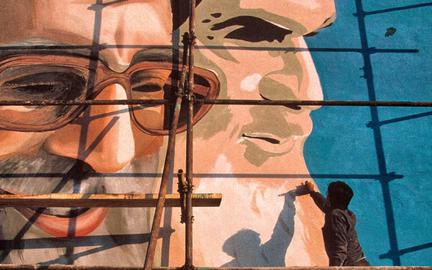
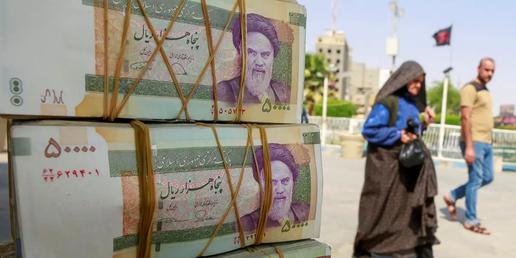
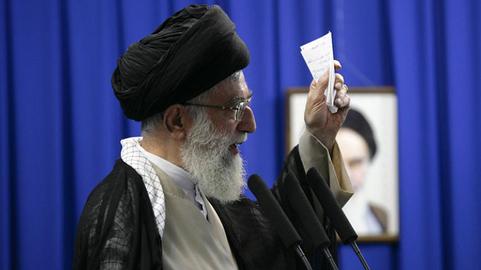






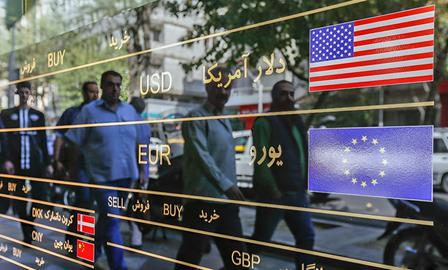








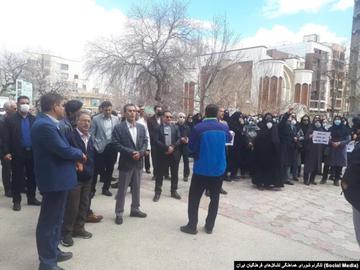
comments